Cost effective gardening methods
steelshepherd
15 years ago
Related Stories
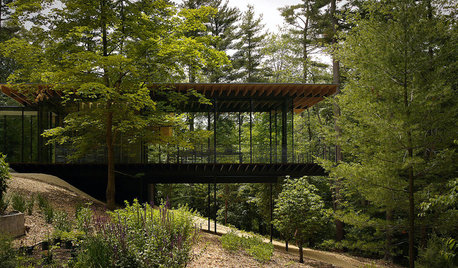
ARCHITECTUREDesign Workshop: The Intriguing Effects of Exposed Framing
Reveal the structure of your home for interesting design opportunities and eye-catching visual effects
Full Story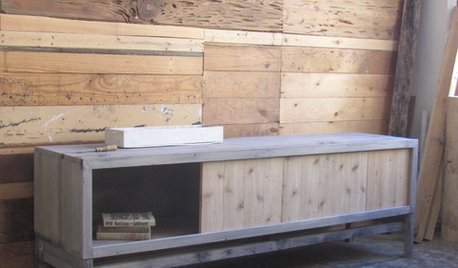
FURNITUREDesign Methods: Finishing Furniture and Fabric With Tea
Brooklyn designers create rustic-modern look with an old-fashioned brew
Full Story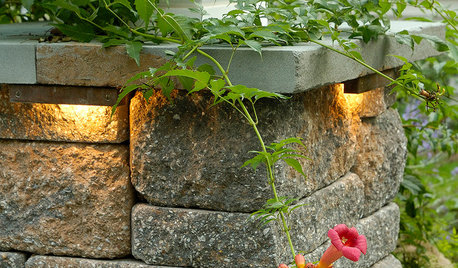
CURB APPEAL8 Effective, Beautiful Lighting Types for Front Yards
Increase safety and security while highlighting plants and other landscape features, using the right mix of outdoor lights
Full Story
DECORATING GUIDESGo for a Greenhouse Effect With an Exotic Conservatory
Cultivate a rarified hothouse feel with or without all-glass walls; these inspiration photos and product picks show you how
Full Story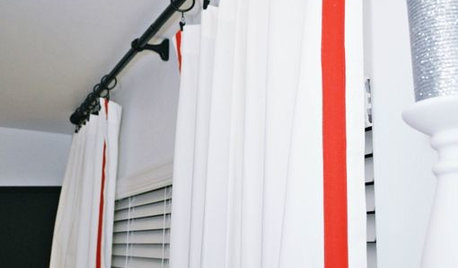
WINDOW TREATMENTSEmbellishing Tricks for Cost-Effective Custom Curtains
Get curtains that look high end — even if you don't sew — with just a little trim here or a little banding there
Full Story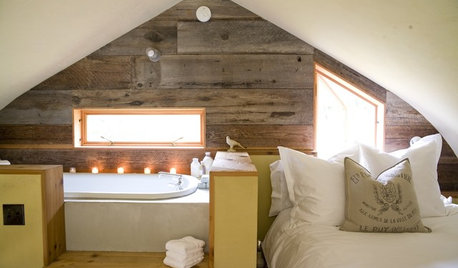
LIFE12 Effective Strategies to Help You Sleep
End the nightmare of tossing and turning at bedtime with these tips for letting go and drifting off
Full Story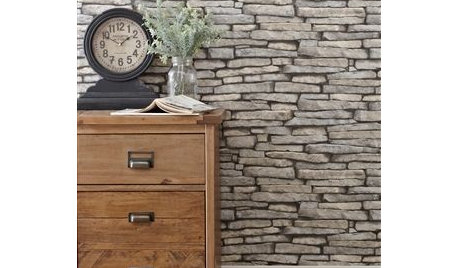
PRODUCT PICKSGuest Picks: Get in Touch With Textured-Effect Wallpapers
Mimic the look of fancy paneling, stacked stone or funky scrap wood with new wallpaper patterns on a trompe l'oeil roll
Full Story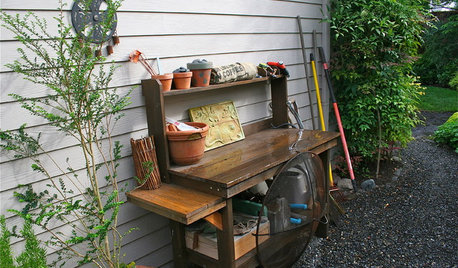
HOUSEKEEPINGHow and Why You Should Clean Your Garden Tools
Avoid rust and extend the life and effectiveness of your blades and spades with these expert tips
Full Story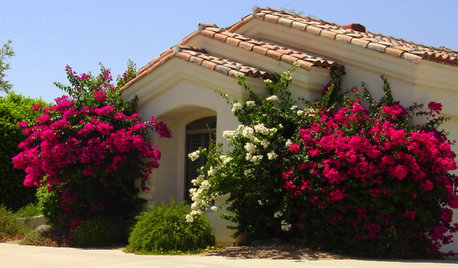
LANDSCAPE DESIGNGreat Design Plant: Sun-Loving Bougainvillea Showers Yards With Color
Bring unbeatable vibrancy to a garden or wall with this unfussy and trainable shrub packed with colorful bracts
Full Story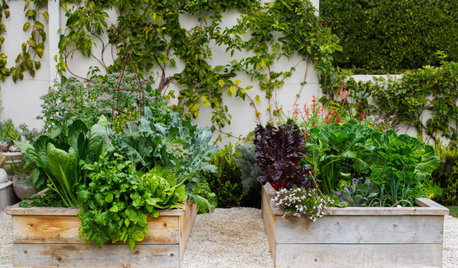
MOST POPULARHow to Start a Cool-Season Vegetable Garden
Late summer and late winter are good times to plan and plant cool-season crops like salad greens, spinach, beets, carrots and peas
Full Story



alan8
lagataverde
Related Discussions
which method of interplanting is more effective?
Q
Cost Effective mole control ?
Q
Cost effective breakfast and lunch ideas
Q
Has anyone tried this method to repel cabbage moths in their garden?
Q
ausbirch
kayhh
nc_crn
clumsygrdner
granite
glorygrown
midnightgardener
hatchjon
homegardener2009
m_lorne
eaglesgarden
belindach
steelshepherdOriginal Author
sidsel76
vic01
lisazone6_ma
promethean_spark
ausbirch
steelshepherdOriginal Author
Bumblebeez SC Zone 7
veggiecanner
lantanascape
MrClint
bi11me
clumsygrdner
MrClint
lisazone6_ma
megpi
steelshepherdOriginal Author
megpi
wordwiz
steelshepherdOriginal Author
dirtbert
magrigg
steelshepherdOriginal Author
cronky
steelshepherdOriginal Author
somedudeinthegarden
nullzero
steelshepherdOriginal Author
sakhiya